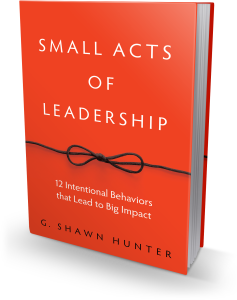In Defense of Troublemakers
Let’s play free association. If I say “blue”, what do you think of next? Maybe “sky” or “color”? And if I say “green” what do you think of? Most people will think “grass”, and only a very few will think “Ireland” or “emerald.”
Free-association and brainstorming doesn’t work because we think in exceedingly predictable ways. It’s why you can often predict what your friends or partners will say. It’s why our weekly meetings often sound the same. But if we introduce dissent, we can get much more creative qnd interesting results. When people speak their mind, raise their concerns, or voice their opinions, the outcomes of discussions are typically much more rich and productive.
Berkeley psychology professor Charlan Nemeth did a series of experiments over thirty years ago in which she showed colors to participants and asked them to free-associate ideas. When shown black they dutifully said “night”, and when shown blue people would predictably say “sky.”
Later in the experiment Nemeth secretly introduced a dissenter. She brought in a fake participant who was told to say they saw a different color. When the color blue was shown to the group, the secret dissenter would say “It’s green.” That small, intentional voice of dissent almost immediately brought out more creative free-association words. Immediately people in the group would say “jeans” or “jazz”.
Another form of liberation is to be less afraid to think differently than others.
– Charlan Nemeth, Ph.D.
In the experiment, the voice of the dissenter and troublemaker brought out more creative and inventive responses from the entire group. Many companies do not easily tolerate troublemakers, those who rock the boat. But research suggests that consensus narrows the mind, while dissent opens up new ideas and possibilities.
This is not to suggest that consensus is a bad thing. Indeed, a clear decision creates a shared vision for a group to execute clearly.
The research suggests not that consensus is bad, but that we arrive at group consensus too quickly. If we permit dissent, our team decision process will be more reflective, more thoughtful, and our decisions more considered. Don’t intentionally create dissent, but do build an environment that permits and embraces dissent when it appears.
Playing devil’s advocate isn’t the same thing. That’s manufactured dissent. What you want in group settings is honest, unrestrained opinions.
- ____________________________________________________

Twitter: @gshunter
Say hello: email@gshunter.com
Web: www.shawnhunter.com



